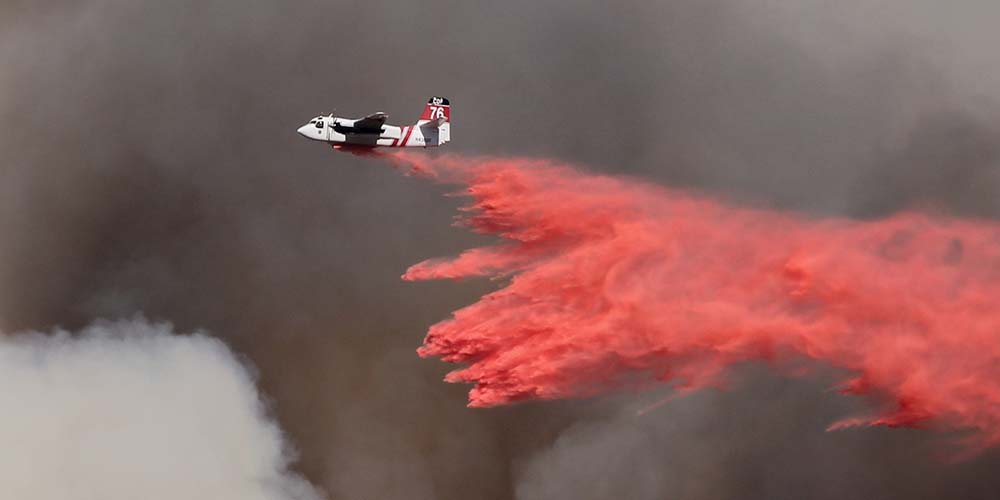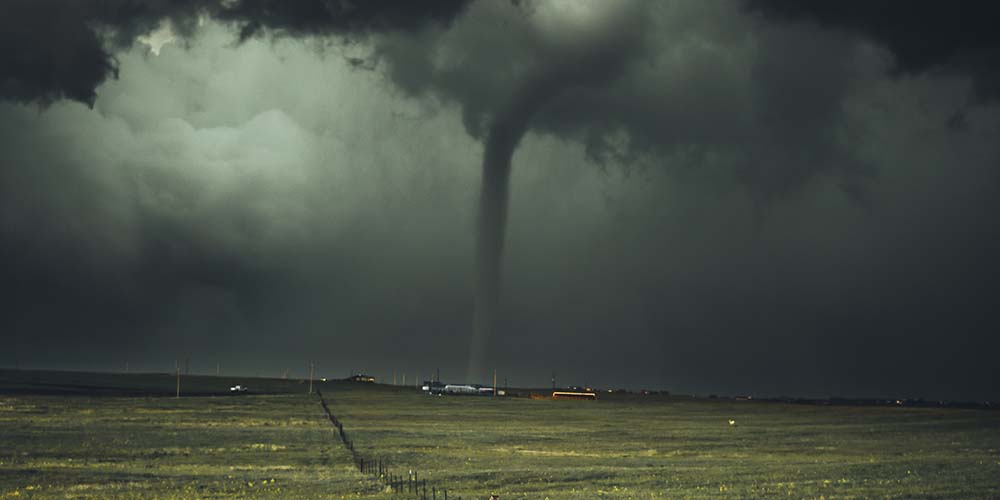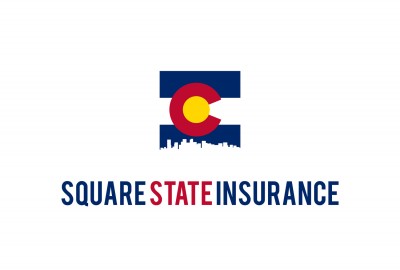Homeowners insurance exists to cover a variety of claims. These include liability claims like dog bites or property loss claims like those sustained after a burglary. However the biggest claim any homeowner hopes they’ll never have to deal with is that of damage to their home after a disaster. This can come in many forms from fire to flood or other circumstance. Whatever the disaster, it’s important to always keep in mind that you can recover. Let’s look at how to recover after a disaster and key steps of the process.
Focus On Family First
The most important thing to remember is that the health and well-being of you and your family comes first. The process of filing a claim for the damage comes only after everyone is safe and cared for. We never recommend worrying about the damage during the event. This could mean evacuating your home for a period of time or spending time at the hospital for the care of you or your loved ones. In some circumstances, it might not be safe to return to your home until the authorities deem it so. Be sure to obey any evacuation orders and wait until you’re given the all clear to go back home. Any additional injuries sustained when inspecting your unsafe property may not be covered by your insurance company. When thinking about how to recover after a disaster, keep in mind the safety of you and your family trumps any other concerns.
But Keep Your Claim In Mind
Once safety is ensured for everyone, it is wise to turn your attention to accounting for and documenting the damage sustained to your home and/or any persons during the disaster. Once your home is declared safe to occupy or visit, we recommend taking as many photos and videos as needed to record the damage. At this time, do not attempt to clean up any of the damage. Make sure to save a copy of the police report if one was issued. You’ll also want to save any receipts for costs incurred when you were relocated from your home or recovering from the disaster. Once you have all the initial materials gathered, you’ll want to call your insurance company to place the claim. Walk through the events that occurred and answer any questions the insurance representative asks to the best of your knowledge. They’ll dispatch an adjuster to your home as soon as possible, but note in larger disasters it can take some time for them to arrive.

Important Factors To Consider
Once it is safe to return to your home, it is important to secure the vulnerable portions of your home best you can. Often this involves nailing plywood up over broken windows or utilizing other construction materials to keep any potential looters out and your remaining valuables in. Don’t forget to save receipts for the claim when purchasing these materials. At this time, it may be prudent to remove any especially valuable items from your home. Before moving them, make sure to photograph them if they are damaged and will be part of the claim. It is important to remember these efforts are temporary. You shouldn’t worry about longer term fixes during this phase of recovery. All you need to do is ensure your home isn’t accessible to potential thieves, weather or invasive animals. Any water damage will need to be addressed right now as well. It only takes a couple days for mold to grow from water damage. Your insurance company will want to address the water damage and dry out wet areas as soon as possible. With your important or valuable items removed for safe storage and any water damage addressed, it is time to wait for the adjuster to arrive.
Meeting With The Insurance Adjuster
As you wait to meet with the adjuster, we recommend preparing a list of damages sustained to your home. This can help drive the adjuster’s visit and make sure you don’t leave any important details out. At the same time, the insurance adjuster is professionally trained to assess your home’s damage. They will likely look for issues that you may not even be aware of. Defer to their expertise as they perform a complete inspection, but don’t be afraid to ask questions or point out your own areas of concern. As the adjuster wraps up their visit, the next step is to schedule all recommended contractor inspections – be it electrical, structural or otherwise. Your insurance company will cover these inspections, and they will provide an expert’s picture of repair costs required. It is at this time that you can begin more substantial cleanup tasks as well. With the repair estimates in hand, it is time to negotiate your claim with the insurance company.

Negotiating Your Claim
As you think about how to recover from a disaster, one of the bigger concerns you’ll have is “will the insurance payout cover all your costs?” This portion of the recovery process is known as claims negotiation. Your insurance company will review all the data gathered by the adjuster including repair costs, valuables damaged, and other factors to present a figure that will ideally meet your costs sustained during the disaster. Keep in mind that your policy limit and deductible will also impact this claim payout. We recommend tallying your overall costs as well. If your estimated number doesn’t match the insurance company’s number, don’t be afraid to ask why. You can also ask for second consideration on larger repair costs if you don’t think the first estimate will cover it. Don’t feel like you have to sign off on the claim right away. However it’s also important to remember this is a negotiation process, and ultimately some items may not be covered.
How To Recover After A Disaster
Remember, not all your costs may be covered by your insurance claim, but it is best to document everything just in case. Better for a necessary cost to be turned down versus not applied for at all in the claims process. As the homeowner, it is not your job to decide whether it is part of the overall claim or not. We recommend you do what is necessary during the recovery process and file it for reimbursement later. Of course it is wise not to go overboard. Excessive costs for temporary repairs may not be covered, and you should exercise restraint. The same goes for relocation costs if you are forced out of your home. There are limits to daily costs and the total time your insurance will cover the relocation / hotel costs. You can always consult your policy if you’re not sure about these limits.
This said, working closely with your insurance company is a key part of disaster recovery. If you’re curious how your current policy stands up in circumstances like this, or you’re dealing with an unexpected disaster that hit your home, we encourage you to contact Square State Insurance with any questions you may have.

